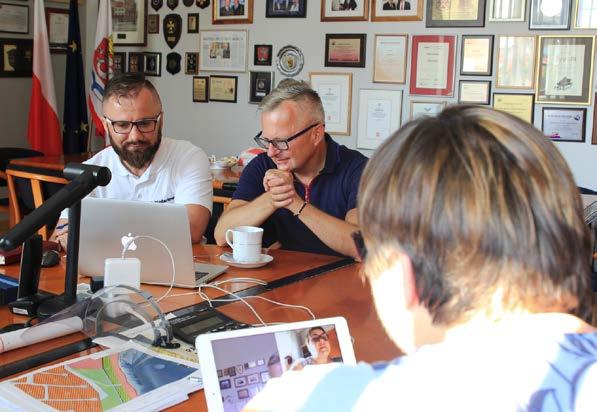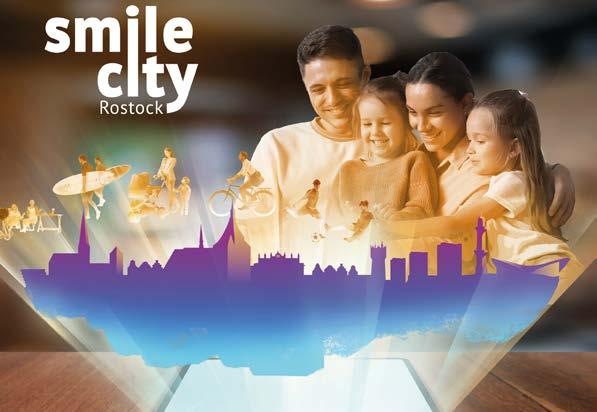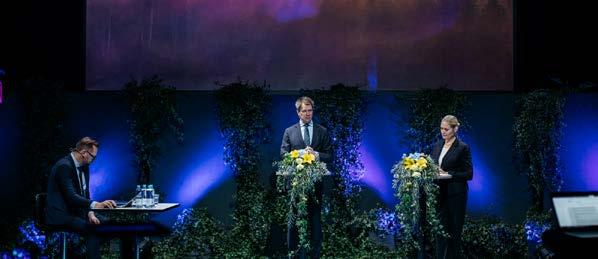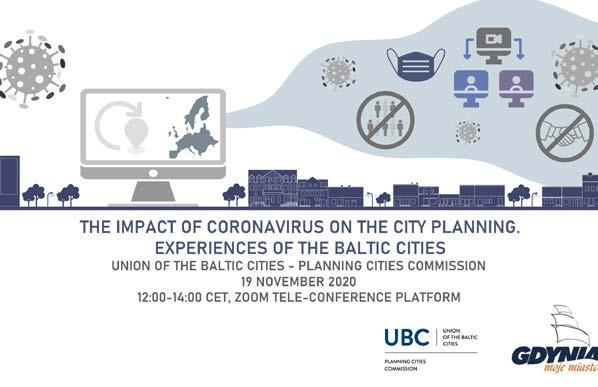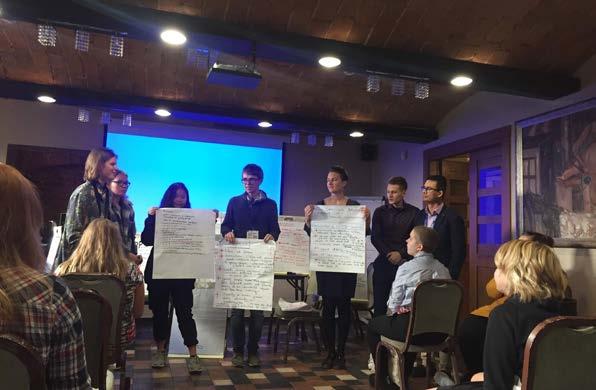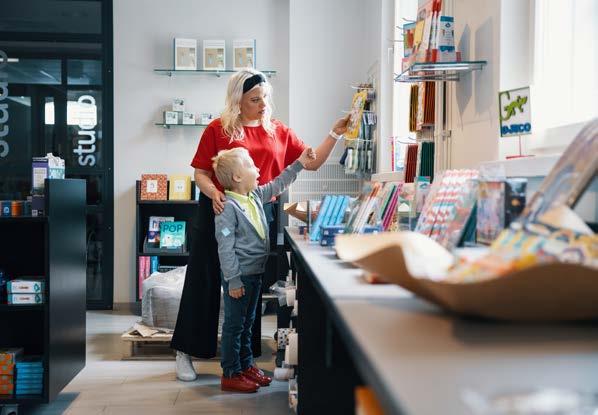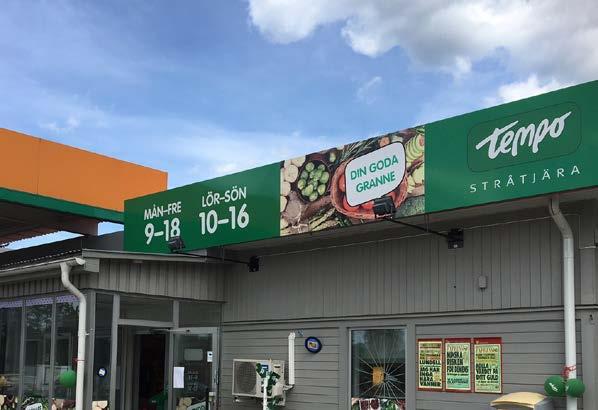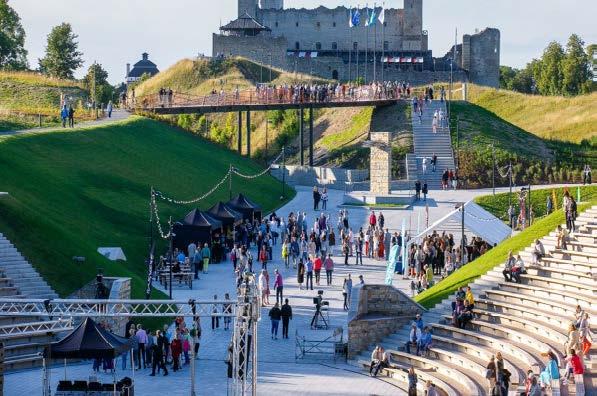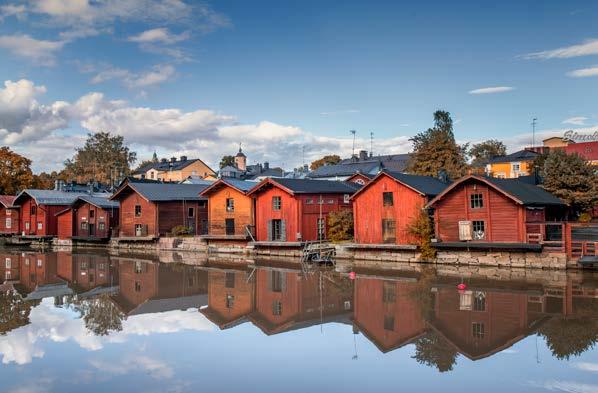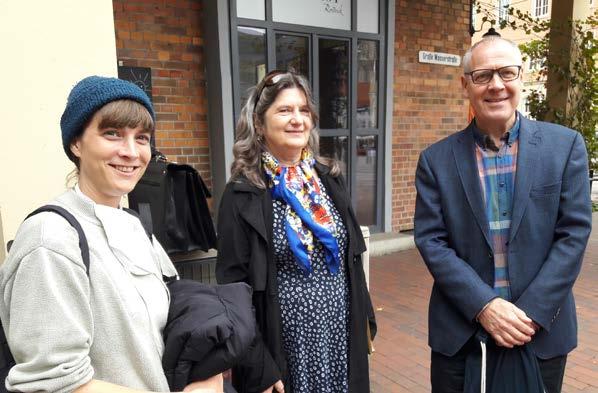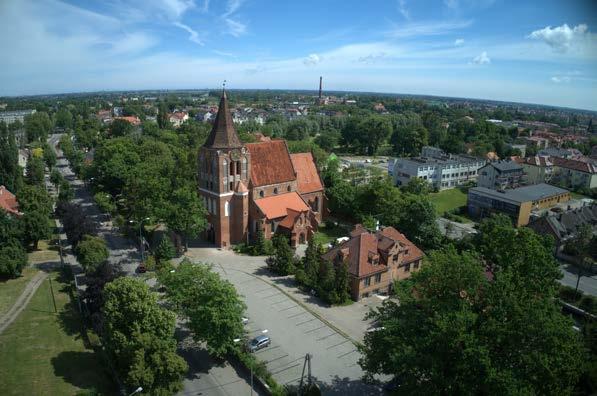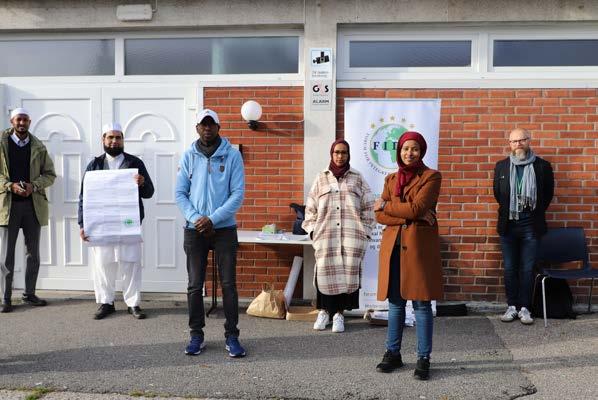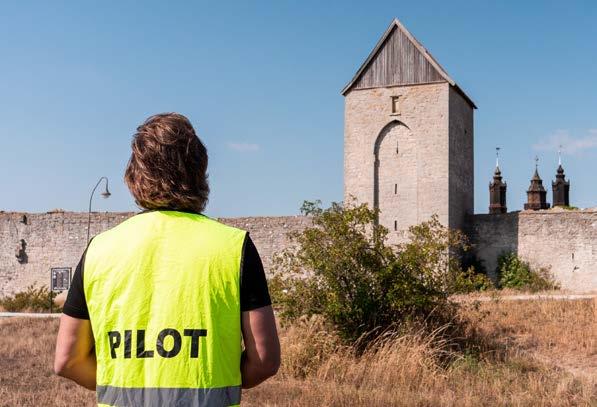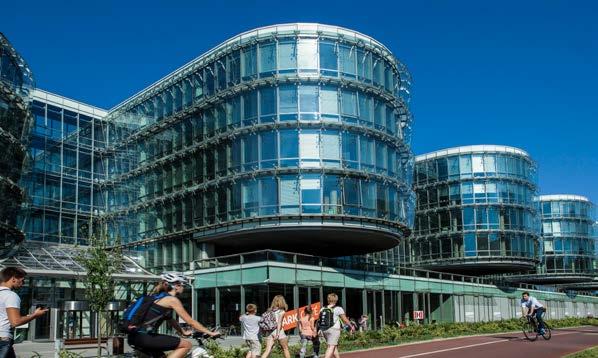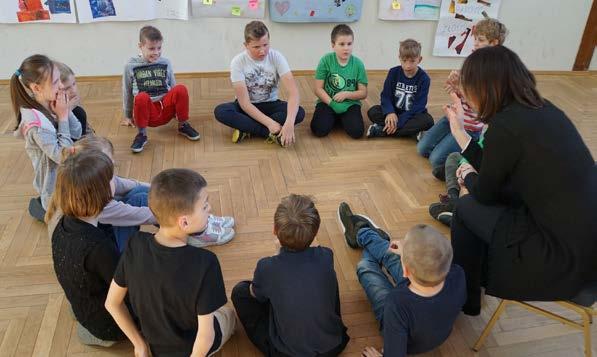E WORLD
Get to know more about UrbCulturePlanning Project and its initiatives at https://urbcultural.eu/ and the Project’s social media
a lot depending on which specific outcomes you are working towards. At this point, the City Council is exploring Minecraft as a non-verbal tool for communication to foster local activism among pupils in school settings. This will help the local youth become more connected to their neighbourhood’, explains Justine Pantelejeva, who works at the Riga City Development Department.
lives, like education, health, safety, culture, etc.
Digitalisation in the Baltic Sea Region
‘2020 has already taught us there is a different “public space”. ‘Tours” might have a different meaning now and too many video calls can cause fatigue. The virtual, cyber, digital or other intangible culture online has finally made its mark on us and has become an undeniable place or a destination many ignored. The faster we embrace it as a fundamental part of the new age cultural planning, the faster we can make a change in tangible realms. After all, the virtual world is a very inhabited place. Can we approach it with urban cultural planning?’, asks Martinš Engelis.
Minecraft is only one of many examples of digital tools used for cultural planning and citizens-driven innovations that can be implemented in local communities and the whole cities. It shows the importance of digitalisation as an accelerator and enabler of many, perhaps all of the EUSBSR objectives. The Baltic Sea Region ranks on top of the European Union as far as digital development is concerned. According to the Digital Economy and Society Index (DESI), which is a composite index summarising relevant indicators on Europe’s digital performance and tracks the evolution in digital competitiveness, six out of eight EU member states from the Baltic Sea Region (Norway is not included in the ranking) get above-average scores.
And this conclusion will probably stay with our societies in post-pandemic times. In the revised Action Plan of the EUSBSR through an almost eighty-page-long-document, the words ‘digital’ or ‘digitalization’ are mentioned 61 times, in various contexts, proving that it is a cross-cutting topic.
Finland, Sweden and Denmark rank on top of the digitalisation scoreboard with particularly good results on human capital and use of internet services. The Baltic Sea Region countries as a whole are much better on average in connectivity indicators (mainly access to broadband Internet) and digitalisation of public services, compared to the whole EU. EU Strategy for the Baltic Sea Regions strongly supports further development of digitalisation within its policy areas and integration of digital technology into various sectors of the economy. Digital innovation and transformation are one of the core actions of PA Innovation but especially after the COVID-19 pandemic, it appeared obvious for everybody how important digitalization is in many other aspects of our 9

